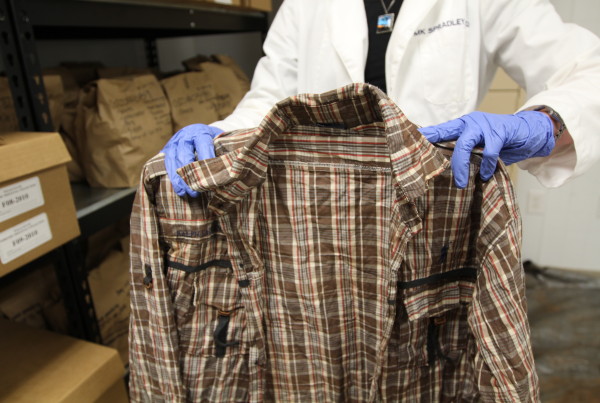House lawmakers voted Monday to extend the number of political candidates who have to file personal financial statements with the state. But when it comes to extending what those officials have to report, lawmakers rejected a bill which would have shed more light on their personal finances.
In fact, the bill’s sponsor Rep. Chris Turner (D – Grand Prairie), had actually worked out the failed legislation with the Texas Ethics Commission. The commission is responsible for monitoring political financial contributions and elected officials’ monetary movements.
Governor Greg Abbott declared ethics reform to be one of his highest priorities this session. He wants to close loopholes, stop no-bid contracts and lots more, at least that’s what he was saying a few months back. So why has the momentum for ethics reform seemingly been stopped in its tracks?
Calvin Jillson, a professor of political science at Southern Methodist University has been keeping an eye ethics reform under the pink dome.
“The legislators and political officials in Texas have exactly the ethics laws they want. They’ve been working on them since 1903,” Jillson says. “The laws that are in place are laws they’ve thought long and hard about. What they’ve tried to do is discuss ethics reform as a critical issue but leave as many loopholes as possible so that they can squeeze through and won’t be subject to penalties and legal challenges.”
Is the Texas Ethics Commission fulfilling its task? Are the ethics laws in place actually working? Jillson says barely. “It is generally thought of as toothless so a politician that is already out the door is more vulnerable to challenge than a politician still in place,” he says.
The commission is young, Jillson says, and its small number of staff are well-known to politicians and the political process in Texas. In fact, most of the staff are appointed from a list developed by the Governor, Speaker of the House and Lt. Governor, and then approved by the legislature itself.
“So the people appointed to the ethics commission are already well known to and well-disposed to politicians so they don’t watch them very closely,” he says. “The ethics laws themselves are written in a swiss-cheese fashion.”
Often times, when a legislator does get taken to court for a violation the judge throws it out due to badly written laws. So will there be any progress this session?
“I think we are gonna see some reform,” Jillson says. “There are multiple bills moving along, many of them have already been watered down. What we’ll get is a bill, or a series of bills, that won’t discomfit the legislators unduly but will allow them to go home and say that they’ve worked on ethics reform.”














